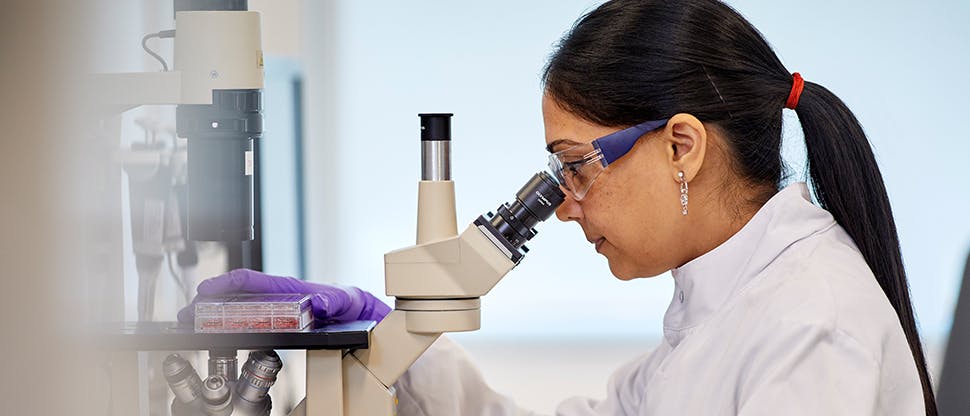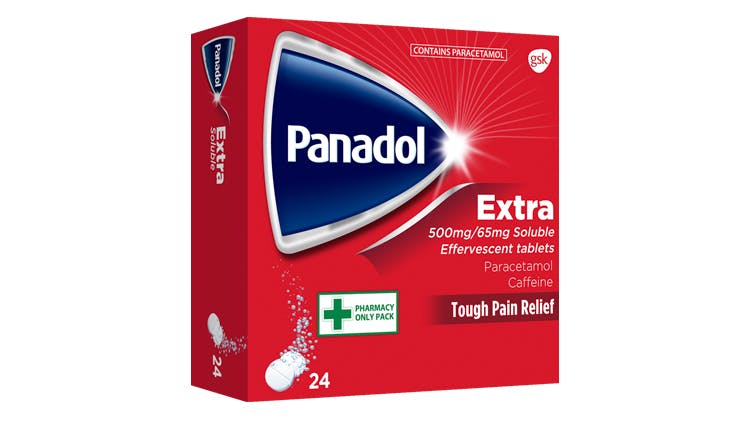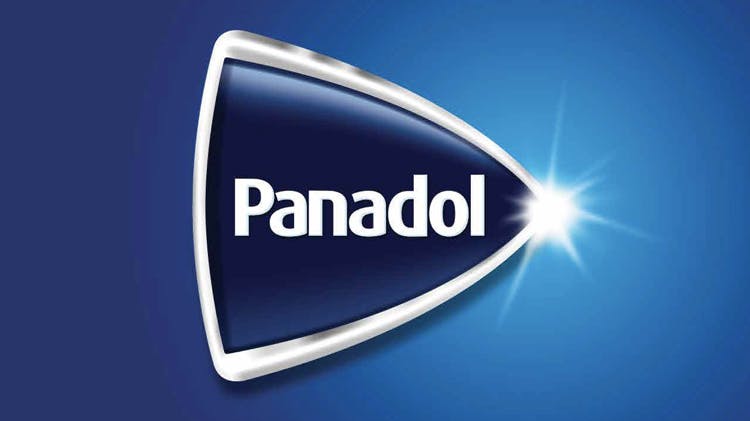Tension-type headache – management

How to manage tension-type headache
Each patient needs to be assessed to determine what it is they have, ruling out signs and symptoms that may indicate other more serious causes of the headache, treating the acute pain and counselling patients on how to avoid triggers.1
Treatment of the acute pain however, can differ and, can include both non-pharmacological and pharmacological methods.
Management of tension-type headache

Non-pharmacological management for headaches 1,2
Some of these methods could help patients suffering from headaches find relief. Depending on the pain intensity, these might work alone or support better relief together with medications.
Consider recommending a headache diary to your patient This will help them track triggers and also the types of medicines they are on and, how effective they are |
| Advice rest in a dark and quiet room |
| Sleeping can help, if possible |
| Apply a cold compress to the head |
| Learning stress management skills |
| Adjusting lifestyle such as reducing caffeine intake, ensuring regular exercise and avoiding irregular or inadequate sleep |

Pharmacological management for headaches1-3
For treating acute attacks:
| TTH |
| Mild-TTH may not require treatment |
| Moderate-to-severe TTH can be treated with appropriate doses of analgesics such as paracetamol or non-steroidal anti-inflammatory drugs (NSAIDs) like ibuprofen or naproxen sodium |
Preventive treatment for TTH is usually non-pharmacological However, if the patient suffers from severe or chronic TTH, drugs such as amitriptyline or mirtazapine may be considered |
Remember to determine if your patients are able to take these medications prior to recommending them. Consider if they have comorbidities such as chronic kidney disease, liver disease, peptic ulcer disease and cardiovascular disease and, if they are on any medications that may interact with treatment for the headache.
Understanding headaches
Learn about the causes and triggers
Discover the causes and triggers for the more common types of primary headache disorders
How do they present?
Find out the signs and symptoms of tension-type headache. Learn about “red flag” symptoms that indicate a referral to a doctor.
Learn more

Panadol Extra 500mg/65mg Soluble Effervescent Tablets (paracetamol, caffeine)
The ingredients in Panadol Extra Soluble provide fast and effective relief for tough pain.4-8
Conditions
Our overviews of common pain conditions explore the causes, signs, symptoms and impact of each condition, and summarise the latest evidence-based management recommendations.

Products
Find out how our tailored treatments can help your patients manage their everyday pain.